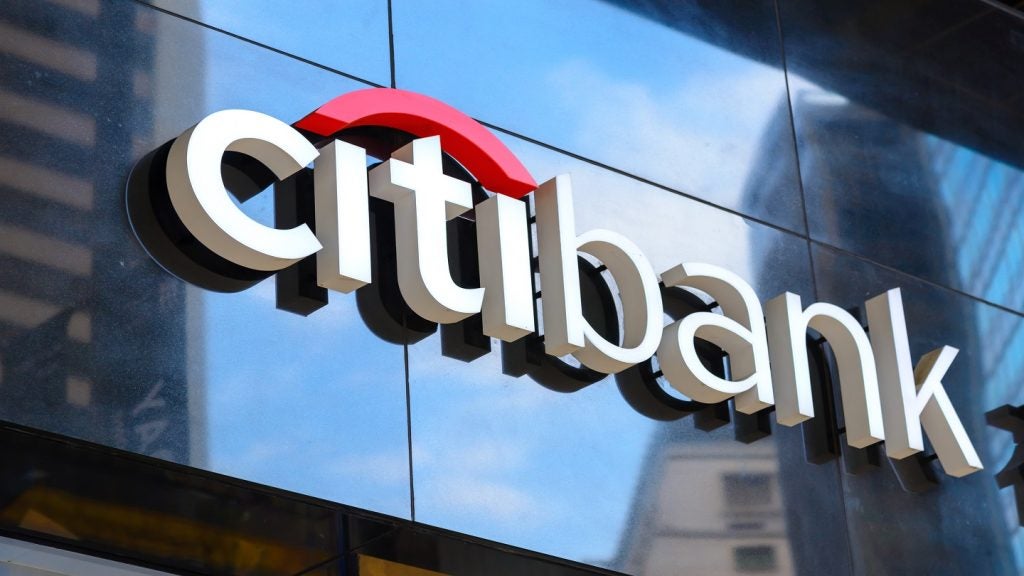
Close to three years after the referendum, the day has finally come. The UK is set to leave the European Union in the night of 31 January 2020. What will Brexit do to private banking and wealth management in the UK? Are effects set to be widespread or non-existent? Patrick Brusnahan speaks to experts
Dean Turner, UK economist, UBS Wealth Management
The UK is at last to leave the EU at 11pm tonight. Brexit, however, will remain far from being ‘done’. Focus will merely shift to the transition period and what progress the Government can make from now until December. Whether or not there will be friction in trade agreements is no longer the question but rather, just how much the Government will accept.
Time is short and ambition on both sides seems constrained. As such, we expect the UK and EU to come to a minimal, bare-bones trade deal covering goods-based sectors. Anything deeper will be prevented by the Government’s desire to resist the EU’s wish to ensure a so-called ‘level playing field’ for businesses and longer-term solutions will be saved for after the transition period.
No-one is under false impressions that economic growth in the UK will be a highlight in 2020, but in our view, a recession is unlikely. While sterling’s stability could be subject to potential setbacks in negotiations, we expect the pound to embark on an upward trajectory against the US dollar over the course of the year.”
Robert MacIntyre, head of wealth structuring solutions, Lombard International Assurance
Brexit has arrived but its lasting impact on the wealth management industry remains to be seen. The coming year will be a defining moment for many in the industry as the UK’s future relationship with the EU becomes more clear. What is inevitable in the coming months is increased regulatory complexity for companies operating between the UK and the EU, with firms that have focused on mitigating the risk of all Brexit outcomes benefitting from their investment and foresight.
Front of mind for all wealth managers will be the issue of passporting rights. We have already seen UK-based firms with EU clients move some of their operations to the continent, and vice versa. Our HNW clients are increasingly internationally mobile and they will expect their cross-border wealth solutions to be unchanged, regardless of regulatory change. Firms will need to invest significant time and resource to ensure that the impact of Brexit on their client services is muted.
However, with the Brexit process now in motion and five years of relative political stability forecast for the UK, many firms and their clients are more confident about the prospect of life in the UK than they were this time last year. Assurance that internationally recognised wealth structuring solutions will be left unchanged will be crucial if this confidence is to remain.
Ultimately, Brexit poses a significant challenge for wealth management businesses. Companies that can quickly adapt, innovate and ensure they solve for their clients’ most pressing concerns will turn this into an opportunity. At Lombard International Assurance this is why we took steps last year to open an FCA approved UK financial advisory firm, ensuring we can continue to service our clients and partners wherever they are based. We welcome any opportunity to show our dedication to service excellence, regardless of the challenges we and our clients face.
Fahad Kamal, chief market strategist, Kleinwort Hambros
In 2019, nearly all markets performed positively. Equities were the most buoyant, with global markets up by more than +20% in the aggregate (i.e. in Sterling terms), led by the US. Other risky assets such as High-Yield credit and Emerging Market debt also performed well. However, contrary to intuition in a “risk-on” environment, safe-haven assets also produced positive returns, with UK gilts driven lower by a combination of Brexit uncertainty and generally anaemic economic conditions. Gold too was a notable performer, up 15% over the year (i.e. in Sterling terms).
In the UK, expectations are for another choppy year of negotiations between it and the European Union. This is clear from the post-election surge in Sterling having dissipated rather quickly; it hit $1.35 in the immediate aftermath of the results but fell right back to $1.30 the following week. The realisation rapidly dawned that the election merely signalled the beginning of negotiations surrounding the future relationship with the EU, not the end. However, the Prime Minister has pledged to open the fiscal taps, which should help boost aggregate spending and unblock pent-up corporate capital expenditure. This may well raise real growth prospects, which in turn should push still undervalued Sterling to between $1.35 and $1.40.
Ritam Gandhi, director and founder, Studio Graphene
The day has finally arrived. For some, #Brexit day will herald new-found certainty, while for others it will raise apprehensions about the coming months and years. Either way, we’ve reached the point of no return.
But what next? This will be the question on the minds of many business leaders, particularly those in the tech sector. After all, 69% of tech start-ups fear that Brexit will hinder their ability to hire the staff they need to help their business grow, according to Studio Graphene. So, as the UK and EU try to make sense of their new relationship, tech businesses must take steps to future-proof their strategies. Various plans of action can offer partial peace of mind in the post-Brexit frenzy. Opening a new office abroad or upskilling existing employees, for example, are viable options – so it’s worth doing your research.
The UK tech sector is robust; this has been demonstrated time and time again. We must only look to record-breaking levels of VC investment being poured into the sector to realise its promise. However, the next few years won’t be plain sailing. Businesses should take heed of any, and all, advice on offer to ensure they remain competitive and adaptable.
Jonathan Sparks, Chief Market Strategist, Private Banking, HSBC UK Bank
For much of the last three and a half years sterling has weakened whenever the risk of a ‘no deal’ Brexit rose. Since the election, investors have paid more attention to the cyclical outlook now the political backdrop is more stable. Although the UK should only grow modestly this year, we expect a relative improvement versus the US and Eurozone.
Given that sterling trades well below our estimate of its fair value, this improving outlook should lead to a steady appreciation through the year. This should help the buying power of the consumer and equities with a domestic focus. International investors are returning to the UK market, no doubt attracted to the discount in equity valuations and impressive dividends. With this in mind, we see the UK equity market as a good opportunity and are tactically overweight.







